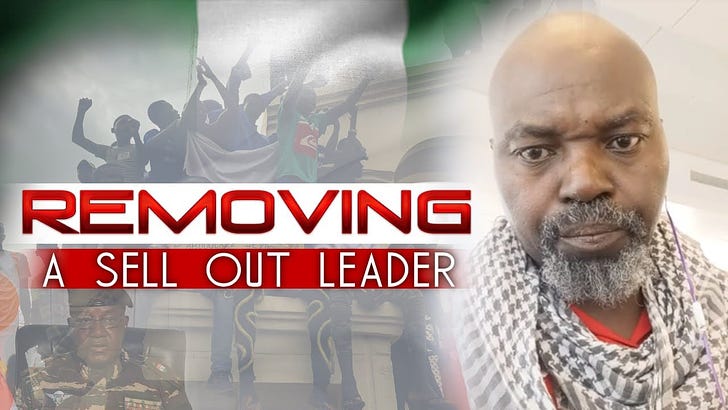Straws In The Wind: August Edition
Although Asia, Africa and the Middle East seem to be slowly removing neo-colonial domination, the Southern Cone of Latin America (Argentina, Chile, Paraguay, Uruguay) seems unable to end the cycle of progressive governments snuffed out by the local landowning and financier elite aligned with the US. The compradors continue to rule supreme outside the sm…
Keep reading with a 7-day free trial
Subscribe to Geopolitics And Climate Change to keep reading this post and get 7 days of free access to the full post archives.


